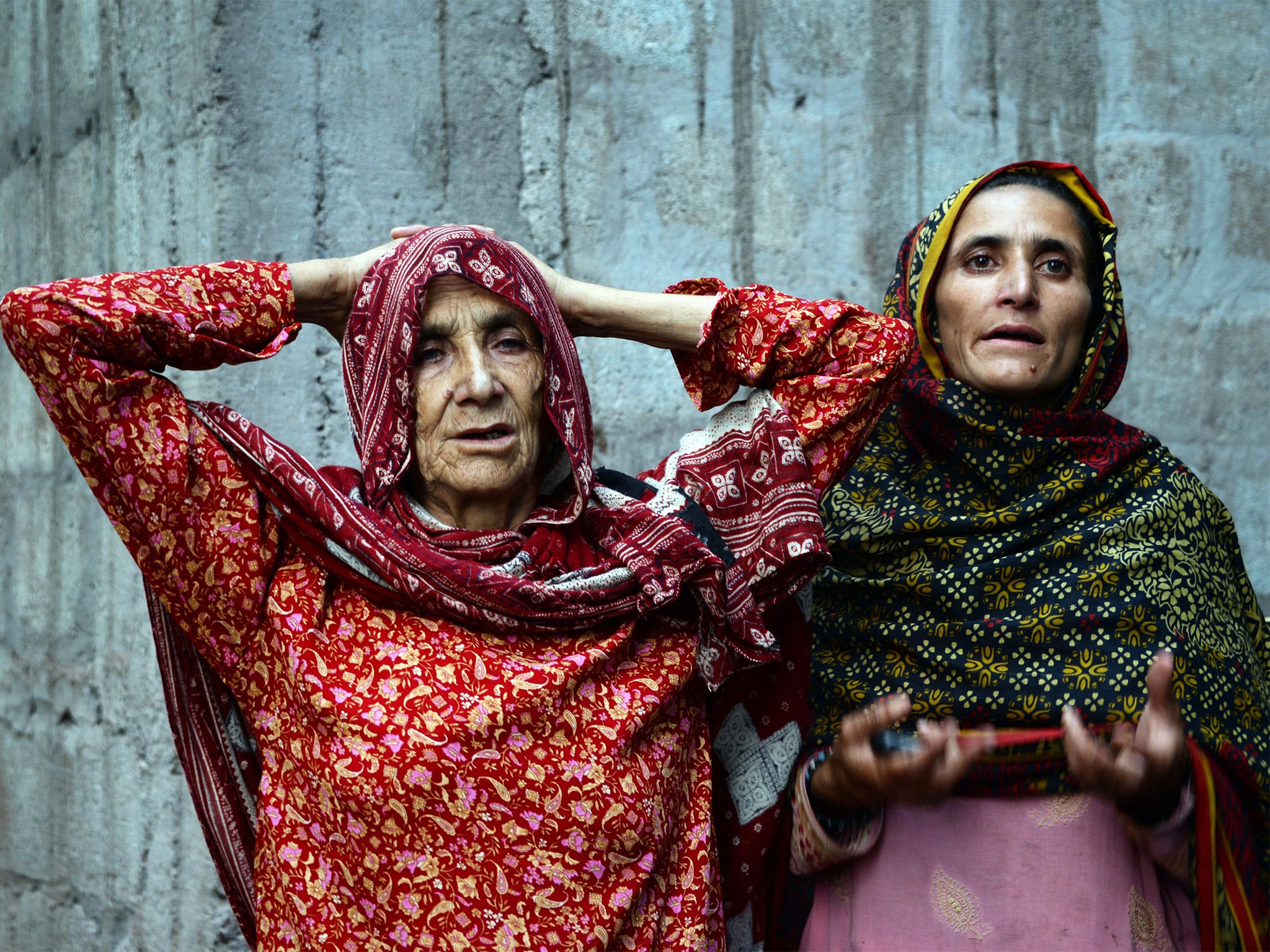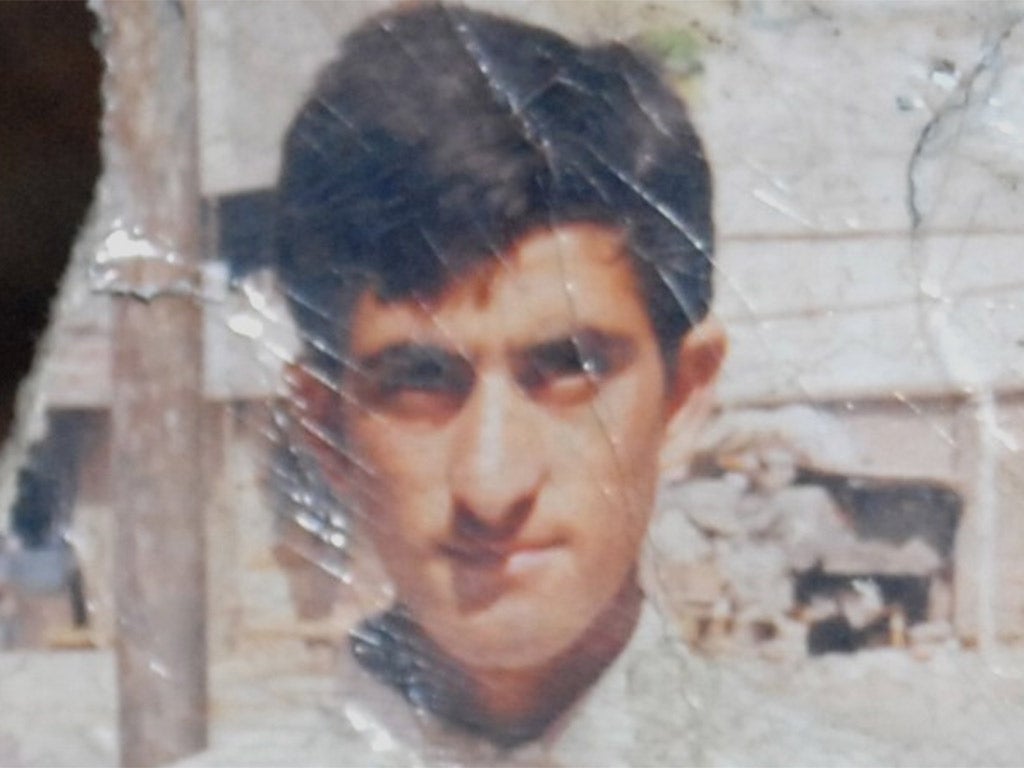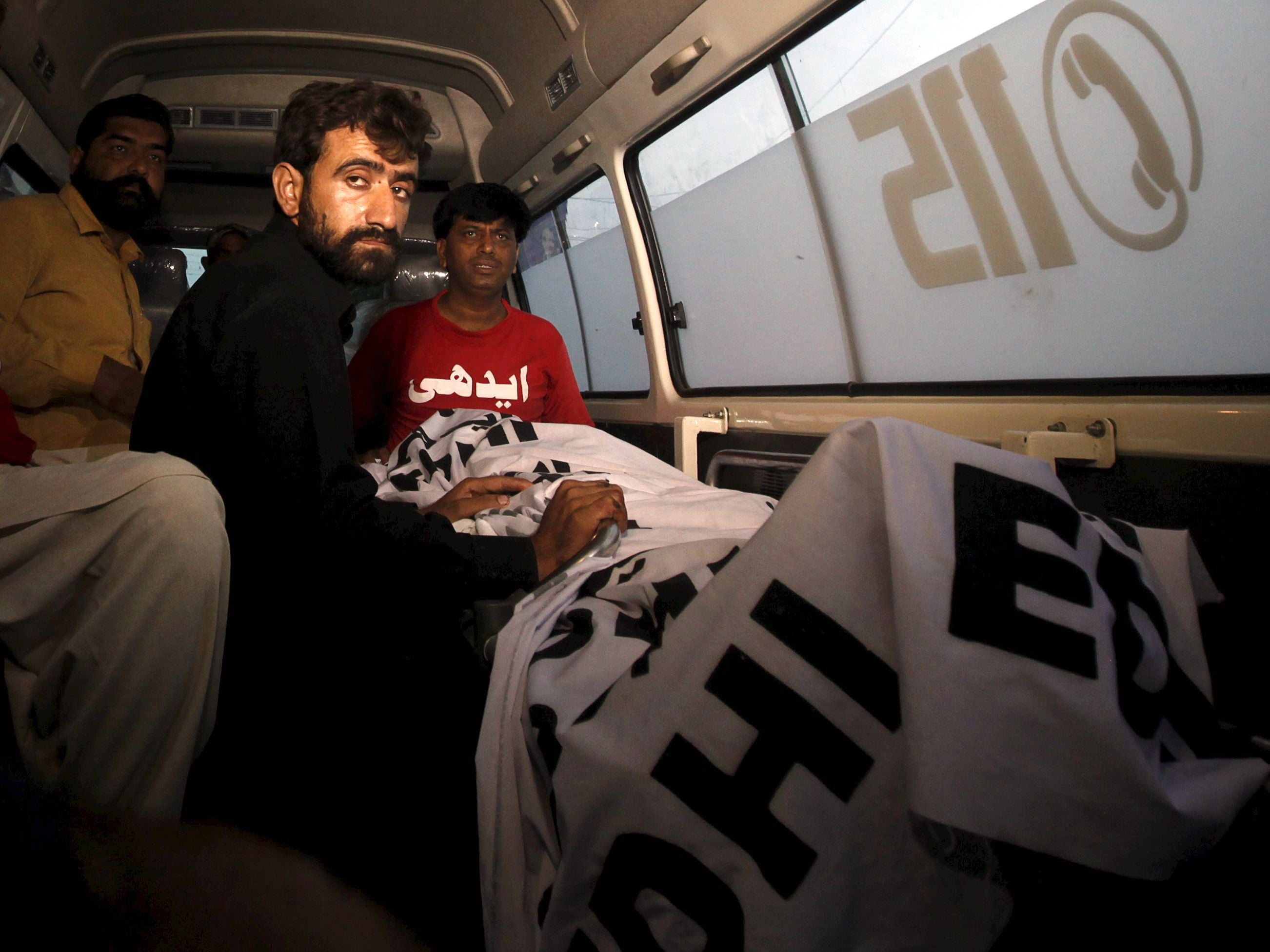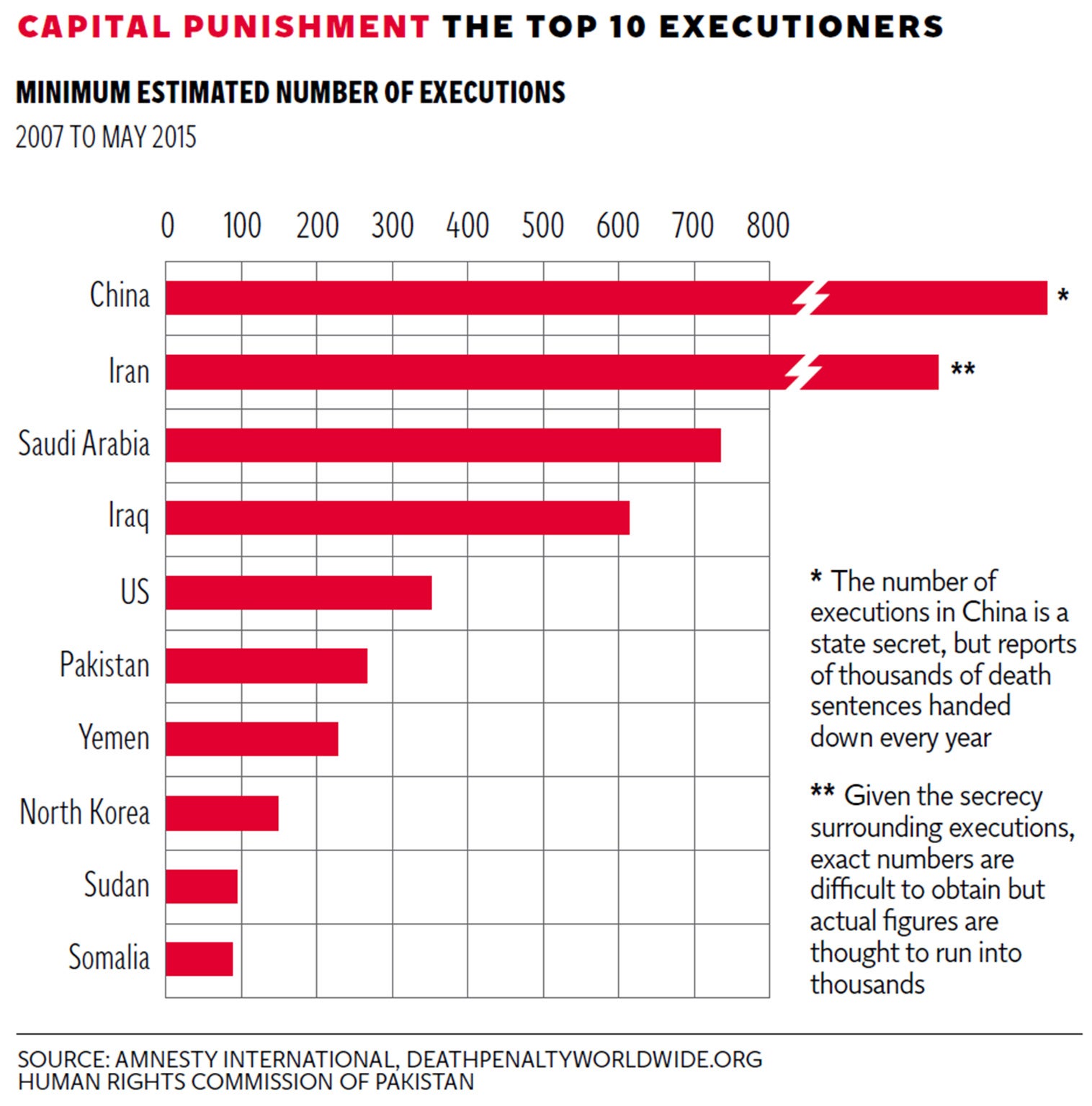Shafqat Hussain executed: Family and rights groups respond to news Pakistan has hung man who maintained his innocence for over 10 years
Mr Hussain was accused of murder when he was an illiterate 14-year-old; he said his initial confession came after nine days of brutal torture. Now his death sentence has been carried out

After a decade in death’s waiting room, Shafqat Hussain was finally released. Outside the gates of Karachi’s prison his brothers waited for the body. As a 14-year-old, Mr Hussain, who dropped out of school the year before barely able to read and write, confessed to a crime that he maintained he did not commit. He said he had been tortured into a confession.
In 2004, Mr Hussain, the youngest of seven children, moved from Muzaffarabad, the capital of Pakistani-administered Kashmir, to Karachi to join his brother, Manzoor, working as a caretaker. A job came up in a Karachi building.
He was accused of killing a child who had disappeared from the building. He was arrested, tried and convicted of kidnap and manslaughter. Mr Hussain claimed Karachi police brutally tortured him for nine days until he confessed. No evidence other than his confession was presented to the court in 2004. He was sentenced to die.

Last December, Pakistan authorities suspended a seven-year moratorium on capital punishment after an attack on a school in Peshawar where more than 150 pupils and teachers were killed by the Taliban. Since then, the hangmen have been busy, with almost 200 people executed since December.
By the time Mr Hussain was taken to the gallows shortly before dawn, he had become well versed in the manner his life would end. In transcripts of conservations he had with his lawyers in July, shared with The Independent by the human rights NGO, Reprieve, Mr Hussain described the seven times he had been warned he would be hanged.
He said both his cellmates had been hanged last month. “I cannot even begin to explain what I went through when they were executed,” he said. “I barely even had time to process their deaths because I myself was scheduled to be executed the next day.
“I have been told I am going to be executed seven times. The first time was in 2013. The first time I was told I was very worried and perplexed. I felt very frustrated. At one point I am told I am to die; the next thing I know is there is a stay [of execution]. And I see a ray of hope. But then again I am told I am going to die. You become a victim of psychological pressure.”

When jailers prepare inmates for hanging, said Mr Hussain, they are given seven days’ warning. “I spend all seven days by myself in a cell in the barracks for prisoners about to be executed,” he said. “They conduct a physical exam every one of those seven days. They weigh me every day, take my blood pressure and temperature as well.
“On the last two days they also measure my height, my neck and my body for the clothes I am to wear when they hang me.” He said he prayed that Pakistan’s interior minister Chaudry Nisar would review his case. “I would just plead my case to him,” Mr Hussain told his lawyers. “I would put everything in front of him and hope that he does something. I would not feel angry.”
In Muzaffarabad, his family reacted to Mr Hussain’s execution. “Why did they hang my innocent brother, only because we were poor?” asked his sister Sumaira Bibi. “My son was innocent, only Allah will prove his innocence in his court,” said his mother Makhni Begum. “We can’t do anything but they [executioners] will face Allah on the day of judgement.”

There are an estimated 8,000 people on death row in Pakistan – the world’s highest total of those awaiting execution. Campaigners say many have been tried as juveniles in adult courts, or forced into confessions. Clive Stafford Smith, the Reprieve director, told The Independent: “We breathed heavy sighs of relief each time his life was spared. Sadly, there were those in power in Pakistan who seemed obsessed with killing Shafqat.”
Police denied that Mr Hussain had been tortured. “A competent court has gone through Hussain’s case at length and torture allegations were never proved,” a police spokesman said. Shahab Siddiqi, spokesperson for Justice Project Pakistan (JPP) which represented Mr Hussain, said: “The execution of Shafqat Hussain is part of a much bigger push to execute people under the Terrorism Act, including juveniles, infirm people and people who are mentally ill.”
Speaking days before his death, Mr Hussain described how he imagined his final moments would be. “We cry and we talk about all the practical arrangements to be made after I die: I tell my family I want to be buried next to my uncle back home.” Outside the prison in Karachi, his brothers were preparing to do just that.
Additional reporting by Gabriel Popham
Join our commenting forum
Join thought-provoking conversations, follow other Independent readers and see their replies
Comments